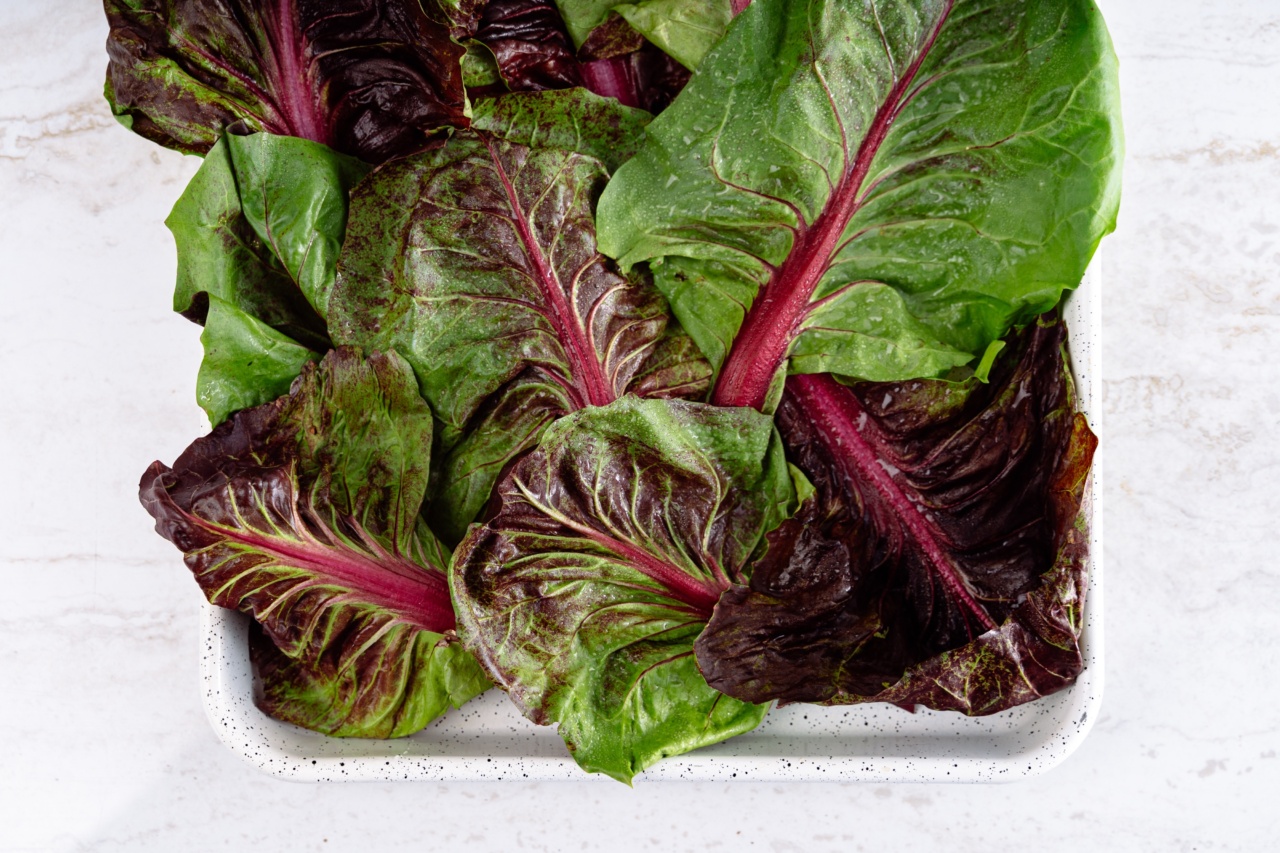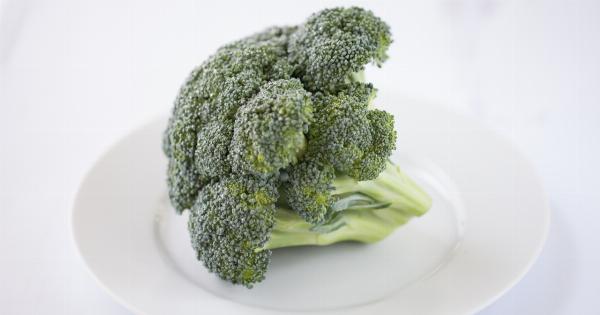Broccoli is an edible, green-colored vegetable that belongs to the cruciferous group of vegetables which include the cabbage, kale, cauliflower, and Brussels sprouts family.
It is a nutritional powerhouse packed with vitamins, minerals, and disease-fighting compounds. Today, many people consider broccoli as a superfood due to its numerous health benefits.
In this article, we will take a closer look at the impressive nutritional profile of broccoli, its potential disease-fighting benefits, and how to incorporate this superfood into your diet.
Broccoli: A Nutritional Powerhouse
Broccoli is an excellent source of fiber, vitamins, and minerals. One cup of cooked broccoli provides:.
- Calories: 55
- Protein: 4.3 grams
- Fats: 0.6 grams
- Carbohydrates: 11.2 grams
- Fiber: 5.1 grams
- Vitamin C: 135% of the daily value
- Vitamin K: 245% of the daily value
- Vitamin A: 11% of the daily value
- Folate: 14% of the daily value
- Potassium: 9% of the daily value
Additionally, it is a good source of other essential minerals such as iron, calcium, and magnesium. It also contains phytochemicals like sulforaphane and indoles, which we will discuss later in this article.
Broccoli and Cancer Prevention
Many studies have reported that consuming cruciferous vegetables, including broccoli, is associated with a lower risk of developing certain types of cancer.
One of the reasons is that cruciferous vegetables contain high levels of phytochemicals called glucosinolates, which are broken down into active compounds, including sulforaphane. Sulforaphane has potent anticancer properties.
In addition, sulforaphane can also help the body eliminate carcinogens and toxins. It works by activating the production of enzymes that neutralize and clear harmful substances from the body.
It is known as a phase II enzyme inducer, which means it enhances the body’s natural defense system.
A study published in the Journal of the National Cancer Institute examined the association between cruciferous vegetable intake and bladder cancer risk in over 47,000 men.
The study found that men who ate more than five servings per week of cruciferous vegetables had a 29% lower risk of bladder cancer than those who ate less than two servings per week.
Another study published in Cancer Prevention Research found that sulforaphane inhibited the growth of breast cancer cells and induced their death.
It suggested that cruciferous vegetables could be used as a potential therapeutic agent in treating breast cancer.
It’s essential to note that clinical trials are needed to confirm the anticancer effects of sulforaphane, and it is unlikely that consuming broccoli alone can prevent or cure cancer.
However, incorporating this superfood into your diet may have some cancer-protective benefits.
Broccoli and Heart Health
Consuming cruciferous vegetables like broccoli has also been linked to improved heart health.
A study published in the Journal of the American Heart Association found that eating more cruciferous vegetables was associated with a reduced risk of heart disease.
Broccoli contains high levels of antioxidants, soluble fiber, potassium, and calcium. These nutrients can help reduce inflammation, improve blood pressure, lower cholesterol levels, and support overall cardiovascular health.
Broccoli also contains sulforaphane, which has been shown to have cardioprotective properties. Sulforaphane has been found to decrease oxidative stress and inflammation that cause damage to the heart muscle.
It can also improve the function of blood vessels, which reduces the risk of cardiovascular disease.
Broccoli and Digestive Health
The fiber content in broccoli makes it an excellent choice for promoting digestive health. Fiber helps to regulate bowel movements, prevent constipation, and promote the growth of healthy gut bacteria.
Broccoli also contains sulforaphane, which research suggests may reduce the risk of inflammatory bowel disease (IBD).
A study published in Gut found that consuming broccoli sprouts daily reduced inflammation in people with ulcerative colitis.
Another study published in the Journal of Agricultural and Food Chemistry found that sulforaphane helped reduce inflammation and damage caused by IBD in mice models.
Broccoli and Bone Health
Broccoli is rich in essential vitamins and minerals that play a role in bone health, including calcium, vitamin K, and vitamin C. Calcium is essential for building strong bones, and vitamin K is important for bone metabolism and improving bone density.
Vitamin C plays a role in collagen synthesis, a protein that supports bone strength.
A study published in the journal Nutrients examined the effects of dietary patterns on bone mineral density in postmenopausal women. The study found that women who ate more broccoli had higher bone mineral density than those who ate less.
How to Incorporate Broccoli into Your Diet
If you want to incorporate more broccoli into your diet, here are some delicious ways to do it:.
- Roast broccoli in the oven with a drizzle of olive oil, salt, and pepper. This is a quick and easy side dish.
- Add chopped broccoli to omelets or frittatas for a boost of nutrients.
- Steam or sauté broccoli and mix with whole-grain pasta and a homemade tomato sauce for a nutritious and satisfying meal.
- Make a creamy broccoli soup using a blender, broth, and a few simple ingredients to warm you up on a cold day.
- Add broccoli to stir-fries to add a crunchy and nutritious element to the dish.
Conclusion
Broccoli is a superfood that is packed with vitamins, minerals, and disease-fighting compounds. It has been linked to potential health benefits, including cancer prevention, improved heart health, digestive health, and bone health.
Incorporating more broccoli into your diet is an easy and delicious way to support your health and well-being.






























